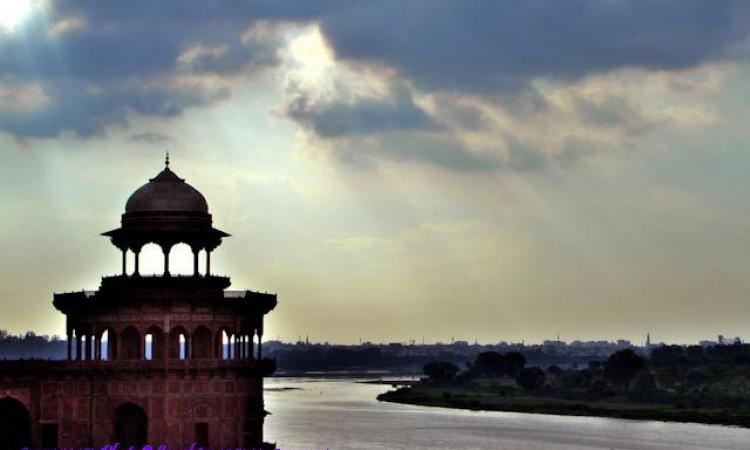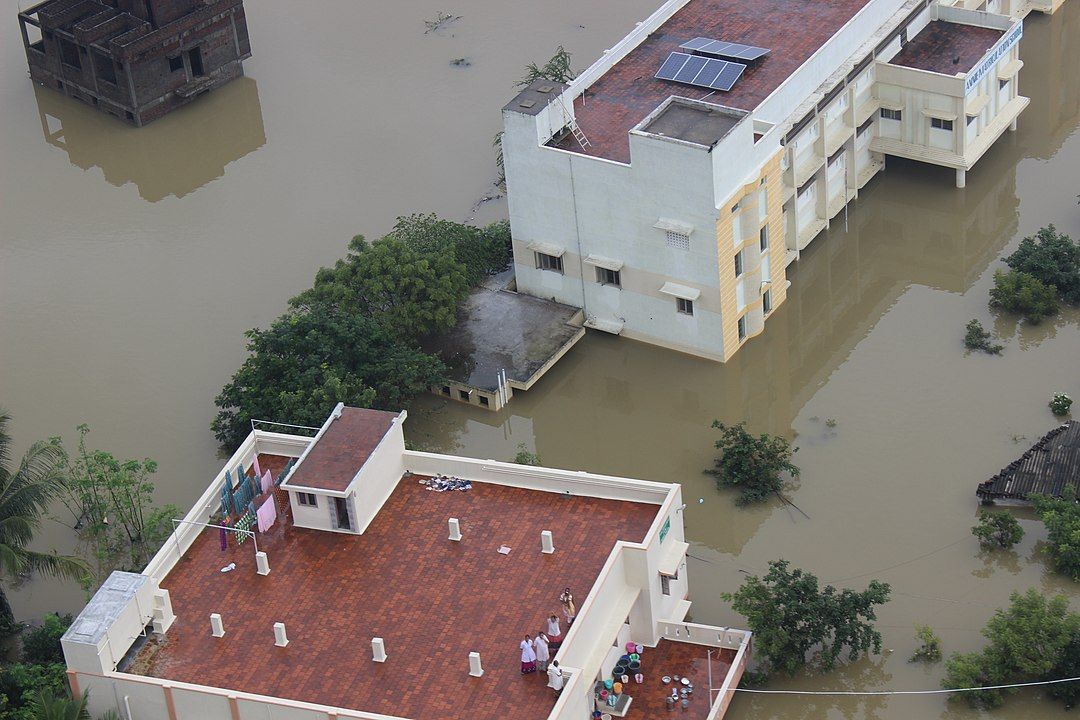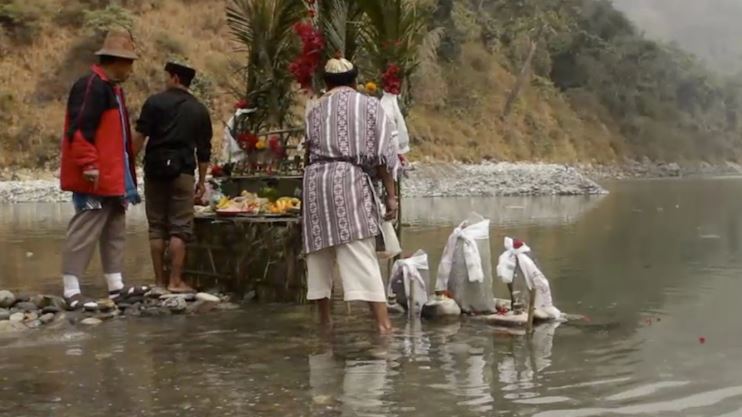
"River conversations are critical to re-evaluate histories, reconnect civilisations, cultures and peoples, ideas and regions and open streams of thought for a future with exciting possibilities," says Kishalay Bhattacharjee, Associate Professor and Vice Dean, Jindal School of Journalism and Communication who has conceptualized a new series of quarterly river conversations.
"The use of rivers as metaphors in films is notable in Titash ekti nadir naam or A river called Titas, a 1973 Bengali film directed by Ritwik Ghatak based on a novel by the same name written by Adwaita Mallabarman," says Bhattacharjee. The movie uses the river itself as a character and a vehicle for the storytelling, exploring the lives of fishermen on the banks of the Titas river, now in Bangladesh.
The first dialogue of the series was held in New Delhi last Friday, and was moderated by Shiv Visvanathan, Director, Centre for the Study of Knowledge Systems, OP Jindal Global University. The speakers were Krupa Ge, author, editor and columnist; Minket Lepcha, filmmaker and Sarandha Jain, author. Vishwanathan hopes that the dialogues would treat rivers as a new active imagination, one that challenges the imagination of the "mainstream". "There is a need to have a linguistic survey of rivers, a flow of its memories," he says.
 Krupa Ge, the author of 'Rivers remember: #ChennaiRains and the shocking truth of a manmade flood' recounts the costs of disregarding and abusing our urban rivers, commons and wetlands. She talked of her memories of three rivers that traverse the city of Chennai: the Adyar, the Cooum and the Kosasthalaiyar.
Krupa Ge, the author of 'Rivers remember: #ChennaiRains and the shocking truth of a manmade flood' recounts the costs of disregarding and abusing our urban rivers, commons and wetlands. She talked of her memories of three rivers that traverse the city of Chennai: the Adyar, the Cooum and the Kosasthalaiyar.
"The book is an outcome of my efforts to understand what caused the flood in 2015 in Chennai. My parents' home went under water on that fateful night of December 1st, 2015," says Ge, who tried to find answers by filing numerous RTIs and knocking on several doors. The 2015 floods in Chennai are a stark reminder of what happens when urban development authorities and administration ignore the rivers and wetlands in our cities.
Ge also narrated tales of people living on the banks of the Buckingham Canal and in close proximity to the lakes in Chennai city. She talked of the claim of rivers and wetlands over the land on which their waters have flown. "Urban expansion has undermined this very complex network of water bodies and drainage system," she says while talking about Chennai’s fraught relationship with the river. She also highlighted the toxic pollution caused by the North Chennai Thermal Power Station.

Minket Lepcha, award-wining filmmaker and director of ‘The voices of Teesta’ spoke about the close relationship that ethnic communities like the Lepchas of Sikkim and the northern parts of West Bengal, maintain with the river.
She highlighted how residents of Sikkim have grown up listening to unique folklore around the love story of the two 'river spirits' of Rongnyu and Rangeet which, in today's times, are known as Teesta and Rangeet.
Lepcha, whose grew up in Darjeeling, spent many years studying and then working in Delhi-based corporate firms, but was eventually drawn to her culture and returned to her home town where she started teaching at a school. She conducts story-telling sessions around the river. Folklore emerged over the two rivers playfully racing to the plains and converging at what is known today as Tribeni.
She documented the legend of Yeti, the snowman in Sikkim who would come down the hills to meet his sister Rongnyu (Teesta). "The folklore around the Teesta has helped the children connect with the river at a much deeper level in an emotional way, which our ancestors and elders used to have. Through the storytelling I ask children which river they have come from, trying to bond them with the river," says Lepcha.
Sarandha Jain author of 'In search of Yamuna: Reflections on river lost' tried to encapsulate the conflict around the Yamuna. "The crisis of the Yamuna river is pronounced by a deep sense of loss afflicting the lives of riverfront people who were crucial in shaping the river's many rhythms and cultures. In the present mood of transience and conflict, amidst the emerging riverfront politics, these communities seem to be caught in the eye of the storm," she says.
The three speakers dealt with the cultural essence of rivers, and their various meanings across space and time. The stakes of riverine communities who engage with rivers in multiple ways as well as the processes of disengagement of a large section of city people from the river were discussed.
/articles/river-cultural-mosaic